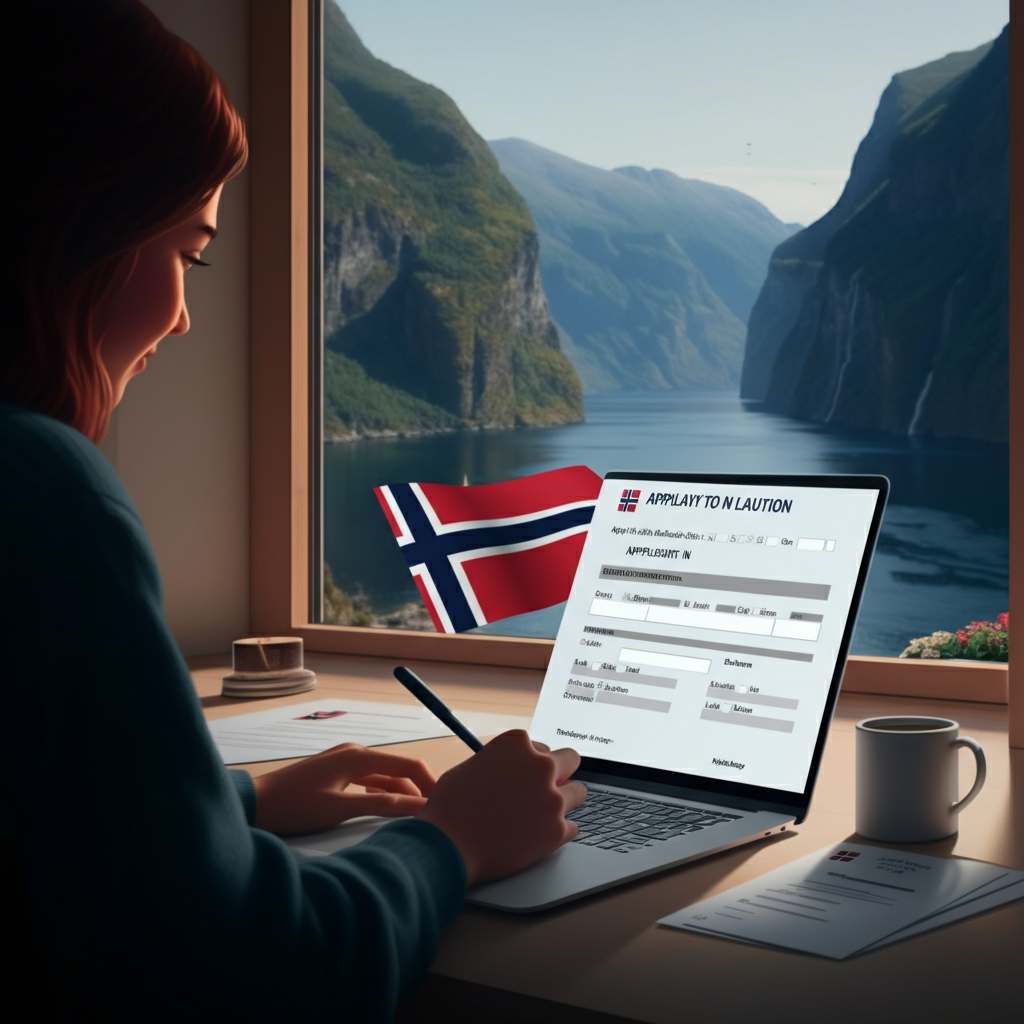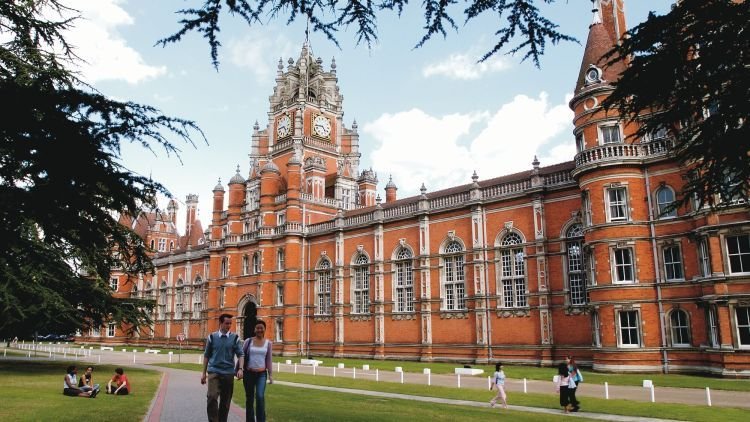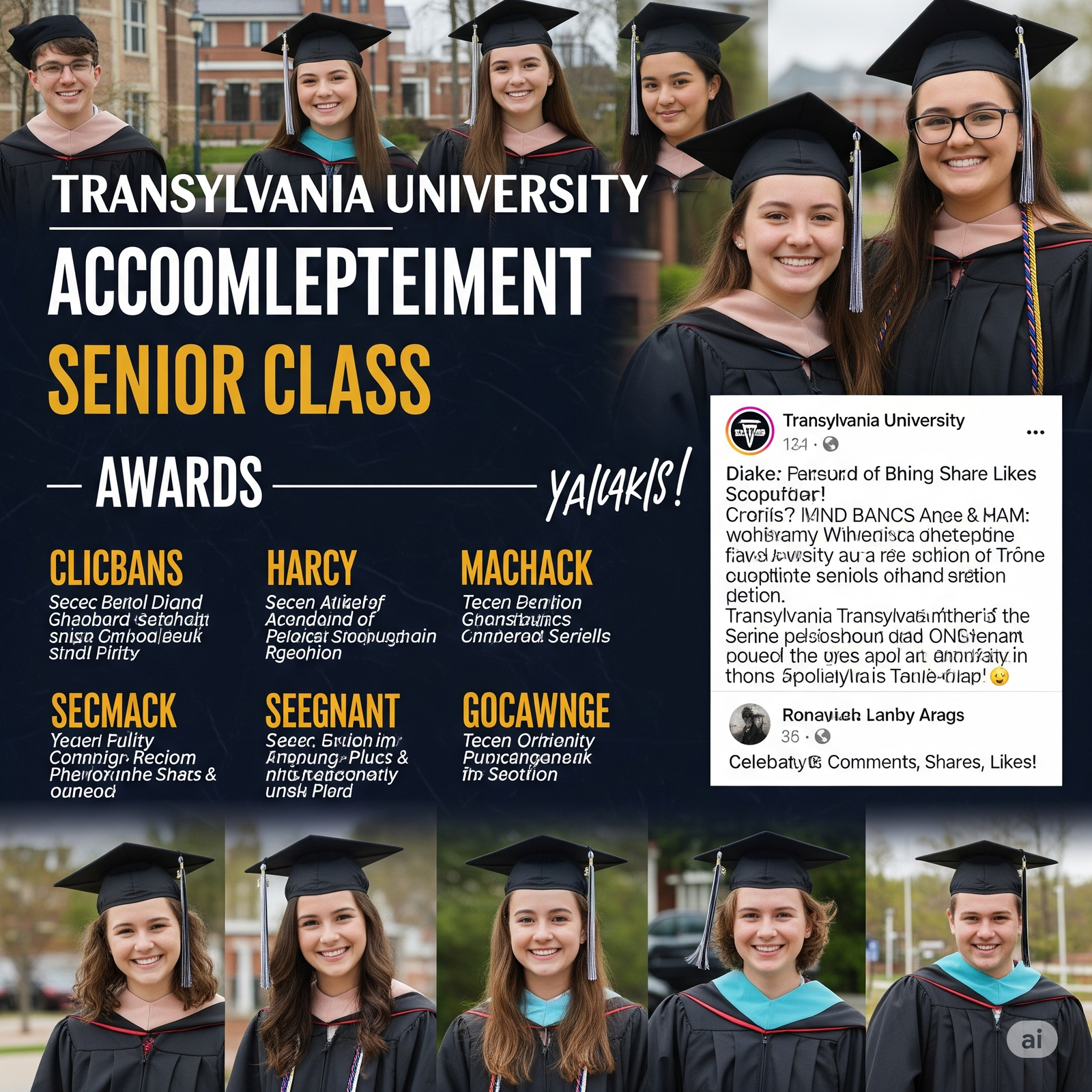Norway, famously known as the Land of the Midnight Sun, offers a unique blend of historical significance, breathtaking natural landscapes, and academic excellence. For international students, it creates an unparalleled environment where education integrates with life-enriching experiences. This guide provides comprehensive insights on what it’s like to study in Norway, including its education system, cultural richness, and practical tips to ease your transition.
Norway Land of History and Innovation
A Rich History of Vikings
While Norway’s stunning fjords dominate most visuals, its Viking heritage is equally captivating. As one of the principal regions of Viking activity, Norway has left a lasting cultural impact on Scandinavian history and beyond. Viking museums, ship recreations, and historical storytelling are prevalent throughout the country.
Geography That Takes Your Breath Away
Home to majestic fjords, snow-covered mountains, and the enchanting Northern Lights, Norway’s geography is truly a spectacle. If you’re lucky enough to study here, unparalleled opportunities for hiking, skiing, and Arctic adventures might just become your weekend routine.
A Modern Powerhouse of Innovation
Norway excels in more than just its natural beauty. The nation leads globally in technology, renewable energy, and sustainability, making it a contemporary hub for forward-thinking students.
Why Choose Norway for Your Education
A High-Quality Education System
Norway ranks consistently among the top countries for education, with a deliberate focus on practical learning and research innovation. Universities collaborate closely with industries to prepare students for real-world challenges.
Notably, higher education institutions provide free public education, regardless of nationality. This commitment ensures accessibility to global talent while maintaining exceptional academic quality.
Safe and Inclusive Environment
Norway is one of the safest countries globally, with low crime rates and a well-functioning health system. More importantly, its open and inclusive society warmly welcomes students from different cultural backgrounds. Multiculturalism thrives within Norwegian campuses, fostering acceptance and collaboration.
Expanding Career Opportunities
Norway is a rising star in technological innovation and industries like cybersecurity, renewable energy, and digital design. With a balanced work-life culture and attractive employee benefits, it’s quickly becoming a magnet for ambitious professionals. Pursuing higher education in Norway gives students a direct pathway to global opportunities.
Superior Quality of Life
Norway frequently tops rankings for the best quality of life, offering exceptional healthcare, financial security, and social well-being. Outdoor enthusiasts will appreciate Norway’s seamless connection to nature, with easy access to national parks, forests, and scenic trails.
Top Universities and Programs in Norway
Noroff University College
Noroff University College stands out with its focus on technology and design. Key programs include:
- Applied Data Science for aspiring data analysts.
- Cyber Security for those interested in digital defense.
- Digital Forensics, which prepares students for careers in investigating cybercrime.
Other Prestigious Universities
Beyond Noroff, Norway boasts world-renowned universities such as:
- The University of Oslo, offering diverse programs in humanities, law, and medical sciences.
- The University of Bergen, focused on marine sciences and climate research.
- The Norwegian University of Science and Technology (NTNU), well-known for engineering and technology programs.
How to Apply to Study in Norway A Step-by-Step Guide

1. Research and Choose Your Program
Start by identifying programs that suit your academic interests. Resources like university websites, academic advisors, and alumni networks can help refine your choices.
2. Prepare Required Documents
Every program has specific requirements, but generally, you’ll need:
- Academic transcripts
- Letters of recommendation
- A personal statement highlighting your motivations and goals.
3. Fulfill Language Requirements
Most programs in Norway are taught in English, but be prepared to provide TOEFL or IELTS scores. Also, consider learning basic Norwegian to assist with daily life.
4. Submit Your Application
Timely submission is vital. Applications usually open in December and close in March/April for the following academic year.
5. Complete the Visa Application Process
Begin your student visa application as soon as your admission is confirmed. Required documents include proof of funds and acceptance letters.
Cost of Living and Financial Considerations
Tuition Fees
Public universities in Norway are tuition-free for all students, a rare and generous opportunity. However, certain specialized programs or private universities may charge nominal fees.
Accommodation
For students, options range from affordable dormitories to shared apartments. Expect monthly costs between $350 and $800, depending on the city.
Daily Expenses
On average, monthly expenses for food, transportation, and leisure range between $900 and $1,500. Budget-conscious students can reduce costs by cooking at home and using public transport.
Scholarships
Numerous scholarships are available specifically for international students. Look into opportunities like the Norwegian Quota Scheme and Erasmus+ to ease financial stress.
Immerse Yourself in Norwegian Culture
Social Values and Etiquette
Norwegians greatly value trust, honesty, and equality. Punctuality is highly appreciated, and respecting personal space is the norm. Being environmentally conscious is not just encouraged, it’s an essential part of daily living.
Thriving Social Life
Norwegian traditions encourage outdoor activities, with many people spending weekends immersed in nature. Local festivals, coffee culture, and opportunities to connect with fellow students ensure vibrant social experiences.
Frequently Asked Questions
Is studying in Norway expensive?
While living costs in Norway are relatively high, free public education offsets this significantly. Scholarships and cost-saving practices help make it manageable.
Are courses taught in English?
Yes, many master’s degree programs and some undergraduate courses are taught in English, making it accessible for international students.
Can I work while studying in Norway?
International students can work up to 20 hours per week during the semester and full-time during holidays, allowing you to support yourself financially.
Do I need to learn Norwegian?
Though not mandatory for studies, learning Norwegian enhances daily interactions and improves job prospects if you intend to stay after graduation.
How do I find housing in Norway?
Many universities provide student accommodation. Alternatively, you can explore private rentals via online forums and local resources.
Your Next Chapter Starts Here
Studying in Norway isn’t just about earning a degree; it’s about personal growth, accessing world-class education, and immersing yourself in one of the most beautiful and progressive countries globally. Whether you’re drawn by academic excellence, breathtaking landscapes, or vibrant culture, Norway has something rich to offer in every aspect. Take the leap today and start your application process. A brighter, promising future in the Land of the Midnight Sun awaits!



